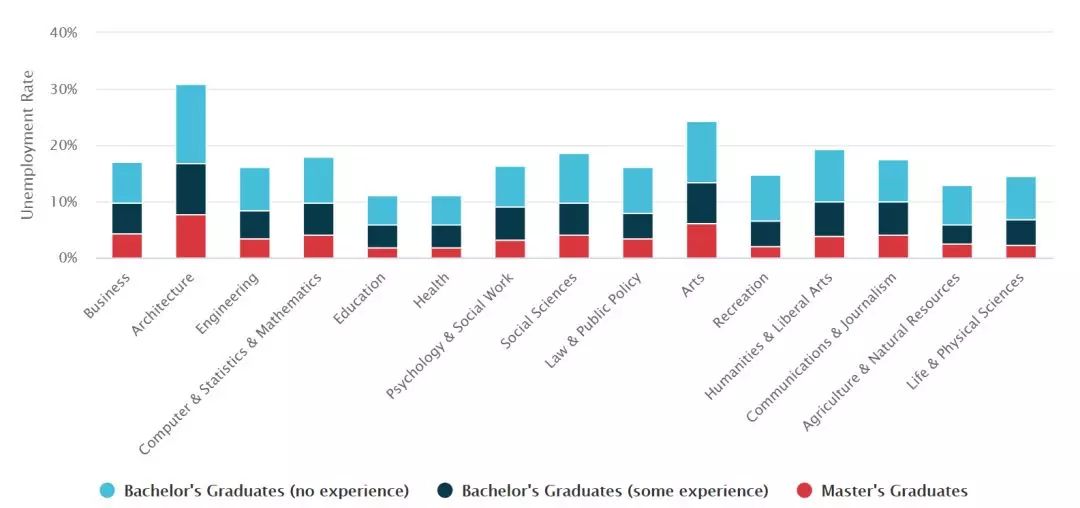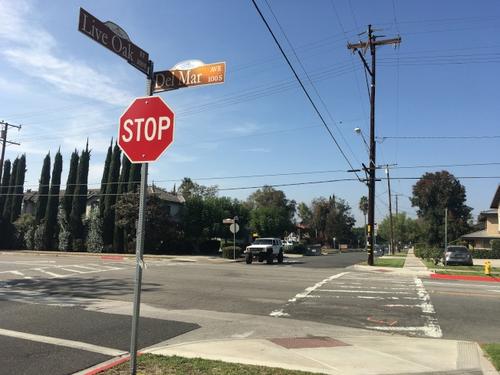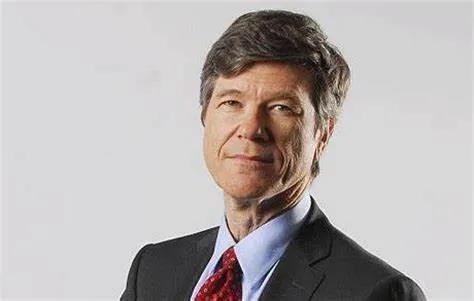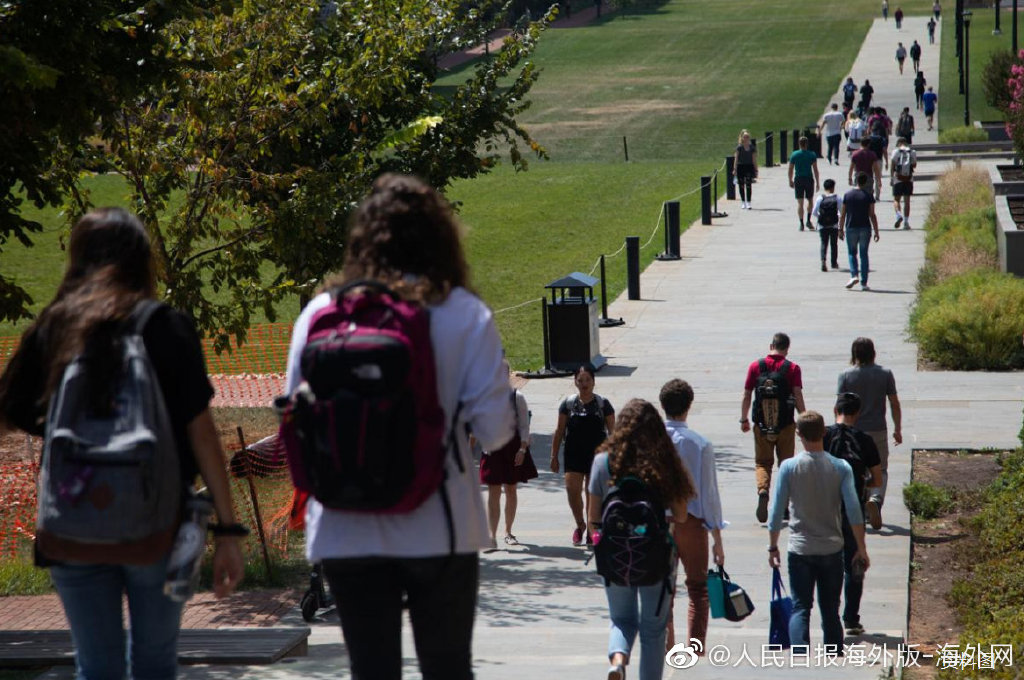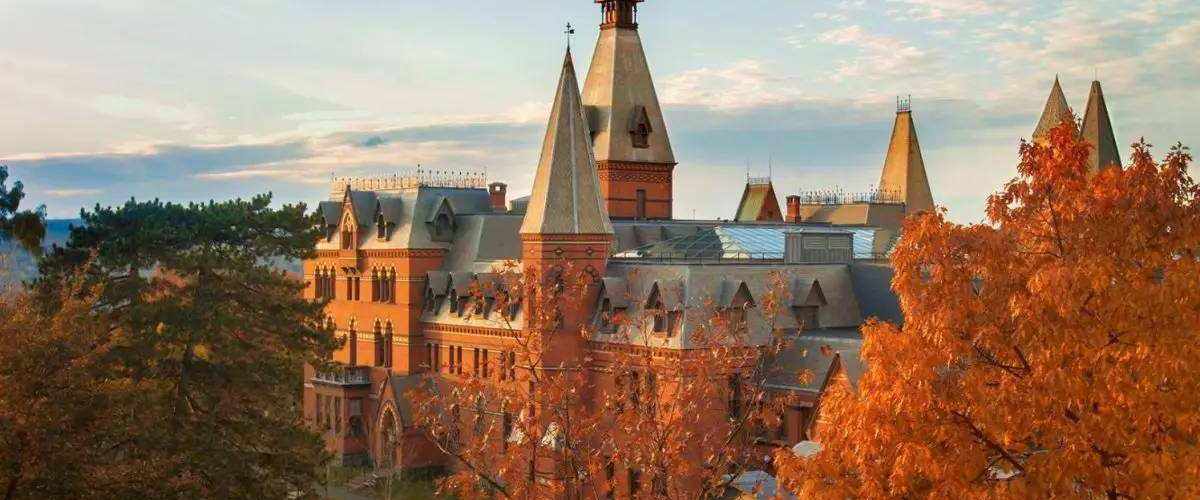As the founding publisher of The New York Herald, he invented the modern American newspaper.
作为《纽约先驱报》的创办者,他打造了现代美国报纸。
James Gordon Bennett (1 September 1795 – 1 June 1872) was the founder, editor and publisher of the New York Herald and a major figure in the history of American newspapers.
Born to a prosperous Catholic family in Newmill, Banffshire, Scotland, at 15 Bennett entered the Catholic seminary in Aberdeen, where he remained for four years. After leaving the seminary he read voraciously on his own and traveled throughout Scotland. In 1819 he joined a friend who was sailing to North America. After four weeks they landed in Halifax, Nova Scotia, where Bennett briefly worked as a schoolmaster till he had enough money to sail to Portland, Maine, where he again taught school in the village of Addison, moving on to Boston by New Year"s 1820. He worked as a proofreader and bookseller before the Charleston Courier hired him to translate Spanish news reports. He moved to New York City in 1823 where he worked as a freelance paper writer and editorial assistant.
In May 1835, Bennett began the Herald after years of failing to start a paper. In April 1836, it shocked readers with front–page coverage of the murder of prostitute Helen Jewett; Bennett conducted the first-ever newspaper interview for it. The Herald initiated a cash–in–advance policy for advertisers, which became the industry standard. Bennett was also at the forefront of using the latest technology to gather and report the news, and added illustrations produced from woodcuts. In 1839, Bennett was granted the first ever exclusive interview to a United States President, Martin Van Buren.
The Herald was officially independent in its politics, but endorsed William Henry Harrison, Zachary Taylor, James K. Polk, Franklin Pierce, and John C. Frémont. Bennett supported James Buchanan as tensions rose over slavery. He endorsed John C. Breckinridge for the 1860 presidential campaign, then shifted to John Bell. He promoted George B. McClellan in 1864, but endorsed no candidate. Although he opposed Abraham Lincoln, Bennett backed the Union, then took the lead to turn the president into a martyr after his assassination. He favored most of Andrew Johnson"s Reconstruction proposals.
By the time Bennett turned control of the Herald over to his son James Gordon Bennett Jr. in 1866, it had the highest circulation in America. However, under the younger Bennett"s stewardship, the paper declined, and, after his death, it was merged with its arch-rival, the New York Tribune.
The phrase "Gordon Bennett" which denotes exasperation or shock derives from the son, or amongst the FDNY where it is highest medal a New York City Firefighter can earn(compared to the Medal of Honor for the US Military), "That meal was so good, it should win the Gordon Bennett!"
He also has a street named for him from West 181st to Hillside Ave in Northern Manhattan a.k.a. Washington Heights, a park named in his honor is also along Fort Washington Ave.
Bennett"s account of the Helen Jewett murder in the Herald was selected by The Library of America for inclusion in the 2008 anthology True Crime.

